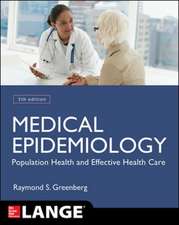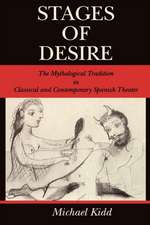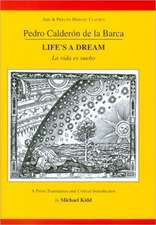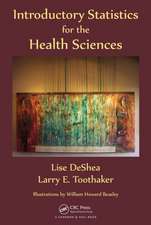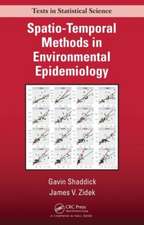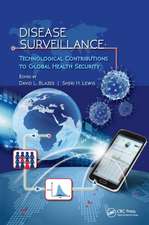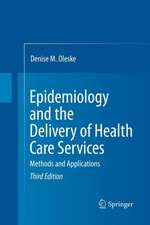The Contribution of Family Medicine to Improving Health Systems: A Guidebook from the World Organization of Family Doctors: WONCA Family Medicine
Autor Michael Kidden Limba Engleză Paperback – iun 2013
Preț: 342.80 lei
Preț vechi: 410.94 lei
-17% Nou
Puncte Express: 514
Preț estimativ în valută:
65.60€ • 68.66$ • 54.60£
65.60€ • 68.66$ • 54.60£
Carte tipărită la comandă
Livrare economică 31 martie-14 aprilie
Preluare comenzi: 021 569.72.76
Specificații
ISBN-13: 9781846195549
ISBN-10: 1846195543
Pagini: 322
Dimensiuni: 171 x 246 x 23 mm
Greutate: 0.6 kg
Ediția:Revised
Editura: CRC Press
Colecția CRC Press
Seria WONCA Family Medicine
ISBN-10: 1846195543
Pagini: 322
Dimensiuni: 171 x 246 x 23 mm
Greutate: 0.6 kg
Ediția:Revised
Editura: CRC Press
Colecția CRC Press
Seria WONCA Family Medicine
Public țintă
Professional ReferenceCuprins
Foreword. Executive summary. Glossary. List of contributors. Chapter 1: Meeting people's health needs. Identifying people's current and evolving health needs. Responding to people's health needs. Meeting the challenges and convincing the leadership. Chapter 2: Improving health systems. Values of health systems. Goals of health systems. Functions of health systems. Trends affecting health service delivery. Challenges to optimal health service delivery. Meeting the challenges through primary health care. Strategies for implementing primary health care. Chapter 3: Family doctors in health systems. The nature of family medicine. Family doctors' contributions to health care. Family doctors as effective clinicians. Family doctors as health care coordinators. Family doctors as leaders, managers and supervisors. Chapter 4: Education and professional development. What is family medicine education and training? Why is family medicine education and training different? How should family medicine education and training be implemented? Family medicine teaching program. Transitioning from education to practice. Chapter 5: Creating a supportive environment for optimal family practice. Promoting positive relationships. Establishing professional organizations for family doctors. Financing primary health care services and family doctors. Improving access to primary care. Supporting primary care research. Enhancing quality of care and outcomes. Moving ahead. Chapter 6: Family medicine in lower- and upper-middle income countries. The Brazilian Unified Health System: primary health care in action. Promoting universal primary health services in China through general practice reforms. Family practice progress and prospects in countries of the Eastern Mediterranean. Family medicine and community orientation as a new approach of quality primary care in Thailand. Chapter 7: The African family physician: development of family medicine in Africa in the 21st century. Annexes. Acknowledgements. Index.
Notă biografică
MICHAEL KIDD President, World Organization of Family Doctors (WONCA) Executive Dean, Faculty of Health Sciences, Flinders University, Australia.
Descriere
This guidebook reveals ways in which family medicine can help countries throughout the world maintain and improve health and well-being by developing a more productive, coordinated and cost-effective approach to health care. It describes the rationale for structuring health systems to be more responsive to the needs of people, a vision of optimal health services delivery based on primary health care, and the challenges to achieving this vision.












